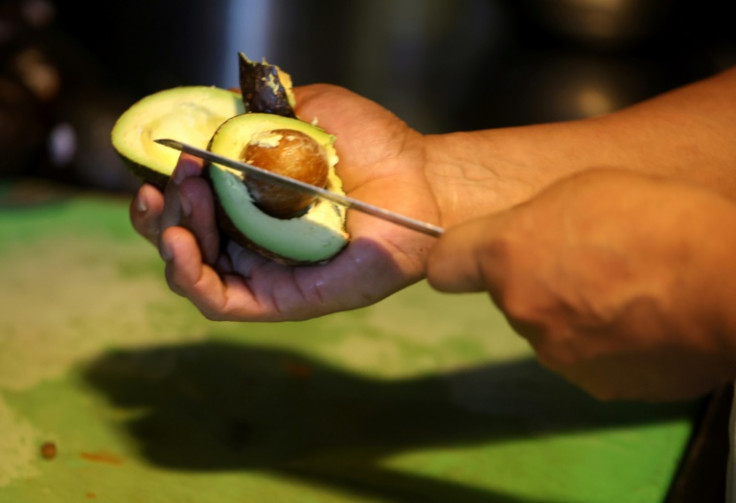
A report by The New York Times reveals a trend of rampant deforestation in western Mexico driven by the ever-increasing surging demand for avocados in the United States. While deforestation in other regions of the world is typically linked to cattle ranching, gold mining, and palm oil farms, in this specific hotspot the primary catalyst is the flourishing American appetite for avocados.
The report outlines a complex web of interests, involving criminal gangs, landowners, corrupt officials, and community leaders, collaborating to clear forests for avocado orchards. Notably, many of these activities involve the illegal seizure of privately owned land. The Times indicates that nearly all deforestation for avocados in the last two decades may have violated Mexican law, which prohibits "land-use change" without government authorization.
Since the U.S. began importing avocados from Mexico less than 40 years ago, consumption has skyrocketed, driven by marketing campaigns promoting the fruit's health benefits and its incorporation into popular dishes like avocado toast and California rolls. People in the U.S. now consume three times as many avocados as they did two decades ago and Mexico accounts for 90 percent of all shipments.
However, the report underscores the high cost for Mexico in meeting this demand. Environmental and human rights activists point to the loss of forests, depletion of aquifers to irrigate avocado trees, and a surge in violence linked to criminal gangs entering the lucrative business.
Despite a 2021 United Nations agreement between the U.S. and Mexico to "halt and reverse" deforestation by 2030, doubts loom over climate pledges due to the thriving $2.7 billion annual avocado trade between the two countries.
While Mexican environmental officials have urged the U.S. to bar avocados from deforested lands and reverse the trend, documents obtained by Climate Rights International reveal a lack of action from U.S. authorities. The report also identifies several instances where avocados from deforested lands are supplied to American distributors and major supermarket chains.
The powerful association representing the Mexican avocado industry acknowledges deforestation as an issue but asserts ongoing efforts to address it. However, some law enforcement officials claim local corruption allows major forest loss to persist. Local people fighting deforestation have been targets of intimidation, abductions and shootings, The Times added.
The report details the environmental impact, emphasizing that clear-cutting for avocados, which are water-intensive, exacerbates water crises by depleting aquifers vital for traditional crops. The deforestation also contributes to carbon emissions.
Despite activism against deforestation, the report suggests that the avocado trade, tainted by environmental abuses, violence, and corruption, is likely to continue booming. Another study estimates an 80% increase in avocado crop land in Michoacán by 2050.
© 2025 Latin Times. All rights reserved. Do not reproduce without permission.





